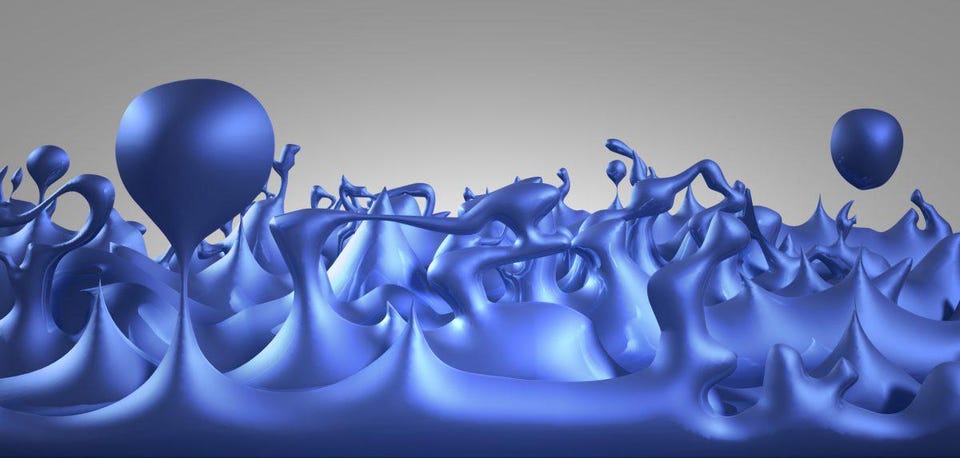World-renowned theoretical physicist Michio Kaku thinks that one day a cancer diagnosis will be far less scary than it is today. He posits a world where something as universal as your toilet—via what he refers to as liquid biopsies—can tell you whether you’ve got cancer… and how long you have to do something about it. In a world of uncertainty, its a future that can’t come soon enough.
Michio Kaku: I think we’re entering the fourth wave of scientific innovation and wealth creation. The first era was steam power, when we physicists worked out the laws of thermodynamics we could calculate how much energy you get from a lump of coal to energize a locomotive or a steam engine or a factory. That was the first big breakthrough.
The second wave of innovation and wealth generation was electricity and magnetism. When we physicists worked out the laws of electromagnetism that gave us the light bulb, it gave us television, radio, it gave us the electric age.
The third revolution took place when we physicists worked out the transistor and the laser, opening up the world of high technology.
The fourth wave is at the molecular level, and that is artificial intelligence, nanotechnology and biotechnology.
In fact I think the synergy between biotechnology and artificial intelligence is going to revolutionize everything around us.
First of all the job market is going to explode in that area because baby boomers are aging, and baby boomers have disposable income; they want answers now to their problems not next year, and so there’s going to be plenty of money involved with people who want to find cures for horrible diseases like Alzheimer’s, Parkinson’s.
At the present time we have no cure for these, but a tremendous amount of effort is now being redirected toward illnesses of old age. Also, take a look at cancer research. We’re going to have a magic bullet against cancer using nano medicine, that is, individual molecules in cells that can target individual cancer cells using nanotechnology.
And the next big thing is when your toilet becomes intelligence. In the future your toilet will be your first line of defense against cancer because your bodily fluids—blood and your bodily fluids contain signatures of cancer colonies of maybe a few hundred cancer cells in your body maybe years before a tumor forms.
Think about it for a moment. There are people watching this program right now, right now who have cancer growing in their body. Maybe a few hundred cancer cells in a colony, but they won’t know it for perhaps ten years, when you have ten billion cancer cells growing in your body forming a tumor. We will have what is called liquid biopsies, DNA chips that allow us to search for the signatures of cancer colonies of a hundred cells, cancer genes, cancer enzymes, cancer protein circulating in our blood and bodily fluids.
So in other words one day your toilet will tell you that “You have cancer. Do something. You have ten years to do it.”
So another words ladies and gentlemen what I’m trying to tell you is in the future the word tumor will “disappear” from the English language. We will have years of warning that there’s a colony of cancer cells growing in our body.
And our descendants will wonder, how could we fear cancer so much?
Cancer is going to become like the common cold, that is we live with the common cold, it doesn’t really kill anybody except maybe if you have pneumonia, but for the most part we tolerate the common cold because it’s too difficult to cure 300 different varieties of rhinoviruses. In the future we may see cancer the same way.
There are probably thousands of different varieties of cancer, we can’t cure every single one, but we’ll live with it, we’ll tolerate it, and we’ll eradicate it in the same way that we live with the common cold.






